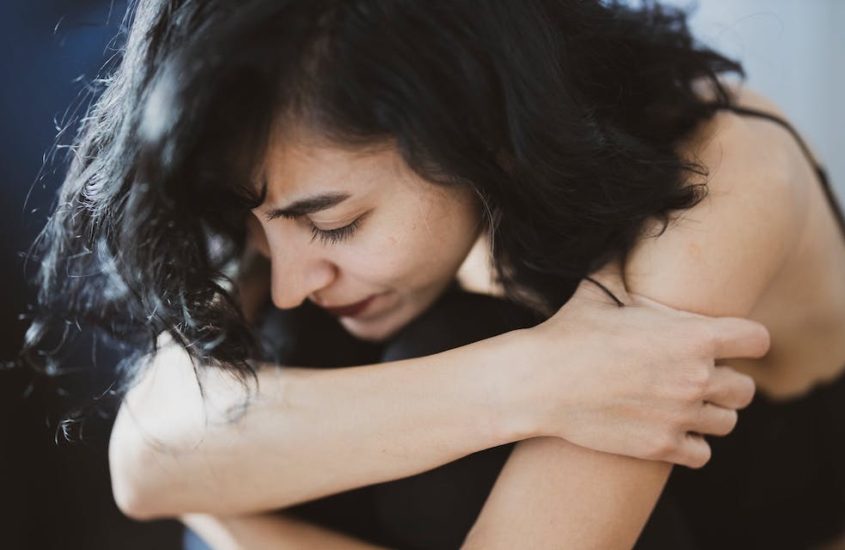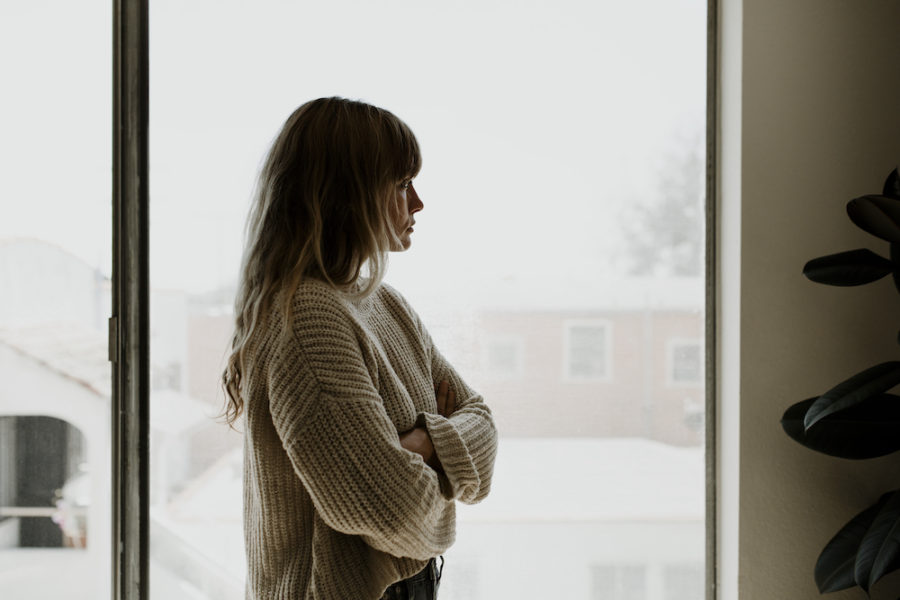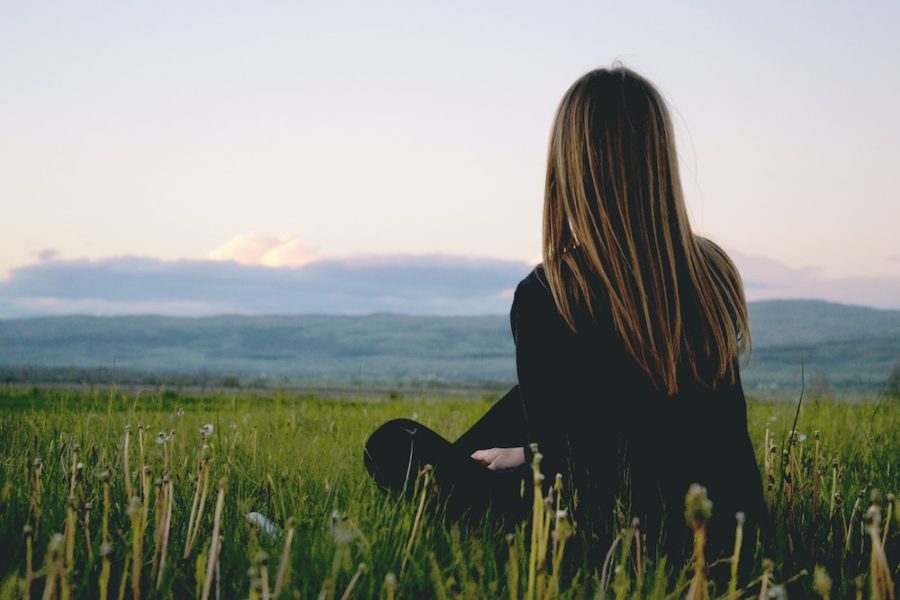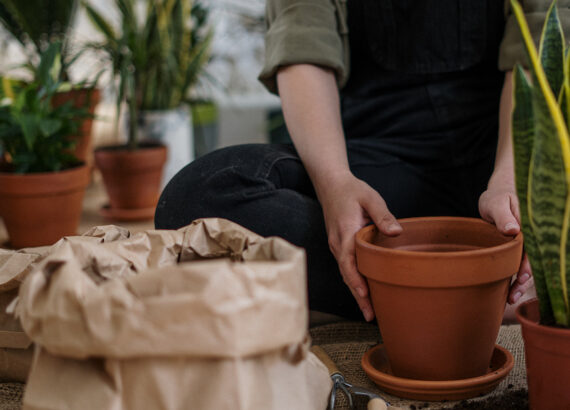Are Introverts Prone to Depression?

A number of behavioral characteristics for depression fit with what people associate with introverted behavior—which is why being introverted can be mistaken for the disorder. Those characteristics range from distancing themselves from others, looking (or appearing to look) anxious or sad, being soft-spoken, shy, or reserved.
There’s also the norms factor. The norms factor considers a person’s behavior as either following the norms of the society you belong to or not. It all depends on who you interact with and how, but you could be seen as different and naturally, others could think you are having a hard time or unhappy in some way.
This stems from the values and expectations your society has for its members. Specifically, the expectation to conform or “fit in” by acting like the people around you. It’s possible that acting outside of a set of acknowledged or recognized behaviors leads you to be perceived as “unnormal.”
In reality, being an introvert and being depressed are completely separate things. Just because you’re an introvert it doesn’t mean you’re depressed. Even those more outgoing or thought of as extroverts can deal with depression. Anyone can. You are introverted because that is how you’re comfortable living.
It’s a different matter entirely though if you are avoiding others and spending most of your time alone because you genuinely have a fear or deeper issue associated with being around others. Introversion is about accepting how you interact with the outside world in a healthy manner. You still socialize, just in your own way. Those ways help you reach a healthy level of satisfaction and fit your lifestyle.
There are certain ways that introverts can slip more easily into a harmful pattern of behaviors though. Whether or not you think you’re depressed, take note of the following habits or behaviors that could indicate you’re not taking care of your mental or physical health.

You Isolate Indefinitely
Introverts all need “recharge” time when they’ve socialized. Everyone has different needs in terms of how long they need to be alone, but there’s definitely the possibility of spending too much time alone as an introvert. As an introvert, you can probably spend more time alone comfortably than most. There’s a reason for that. It’s a natural need that doesn’t feel excessive. Just like the need to physically rest, introverts feel the instinct to rest their minds from social stimulation.
If you surrender yourself to being alone to the point that you (believe it or not) start missing people and continue to stay away, it’s time to ask yourself what’s holding you up. If you find yourself feeling self-conscious and worrying about what people might say or do to you, it’s important to reverse those thoughts and not let them overwhelm you.
The same goes for fear or anger towards others and social situations. You should never restrict yourself to being alone because of negative thoughts or feelings. If you’re feeling nervous or hurt and that’s what’s causing long-term isolation, let yourself be with people you know will give you the love and respect you deserve. Introverts need people that accept them for who they are and what they need in terms of space.
Related: Do Introverts Ever Get Lonely Being Alone?

You Are Self-Depreciative
Introverts are different. Being different can make you feel excluded from groups or specific people you know. We all have the desire to belong in some way, to something. It’s an emotional need that introverts are prone to pushing away because it contradicts our other need to be alone. It comes down to balancing those two needs for an introvert. But that can be tough and when we can’t seem to feel right or get things ideal we might blame ourselves.
When you’re being too hard on yourself you could end up feeling depressed. Since introverts like their alone time and have the chance to be left with their thoughts, it can be especially brutal if those thoughts are self-deprecative. Thoughts like you’re somehow less than because you don’t “fit in.” Maybe your critical thoughts or connected to a specific event or memory. Go back to the memory and see it from the view of someone who is defending you. How would you protect yourself? If it weren’t you, would you be more forgiving or would it have been a big deal?
It’s exhausting to beat yourself up emotionally or mentally. If you train yourself to think of something else or better yet, reverse the thought to something positive—you’ll start to encourage the happier lifestyle that you deserve.

You Don’t Ask For Help
Because the behaviors can be perceived as similar, you might not have people close to you ask if something is wrong when it matters. They could think it was normal because as an introvert you tend to be on your own and that’s perfectly healthy. You could be struggling silently and it’s your responsibility to communicate changes to people that care about you or should know. If you start to experience symptoms of depression, don’t hesitate to reach out and get the support you need.
It more difficult for introverts to say they need help compared to extroverts, but it still needs to be done. If your hesitation is embarrassment or feeling like you won’t be understood, those are normal concerns we have as people who often deal with things internally and quietly.
If you are feeling sad chronically and you are noticing other symptoms like low energy and loss of interest in things you’d normally enjoy, it’s a good sign you need someone there for you. Asking them to be there isn’t a weakness or something to feel ashamed of. It shows how strong you are and your capability to do the right thing. Because if it was someone you knew and cared about, you would be there for them during the ups and downs.
Subscribe to our newsletter for weekly updates on the latest content for introverts.
Hana Othman
Latest posts by Hana Othman (see all)
- How To Plan a Retreat as an Introvert - April 26, 2024
- An Introvert’s Guide to Enjoying Group Tours - April 23, 2024
- Designing the Perfect Home Office for Introverts - April 18, 2024






